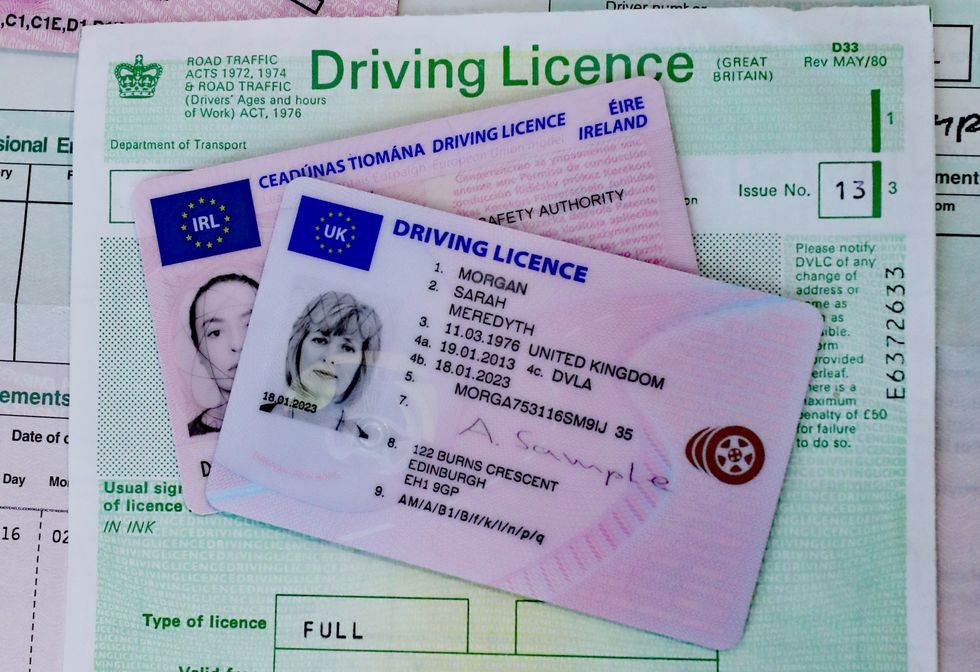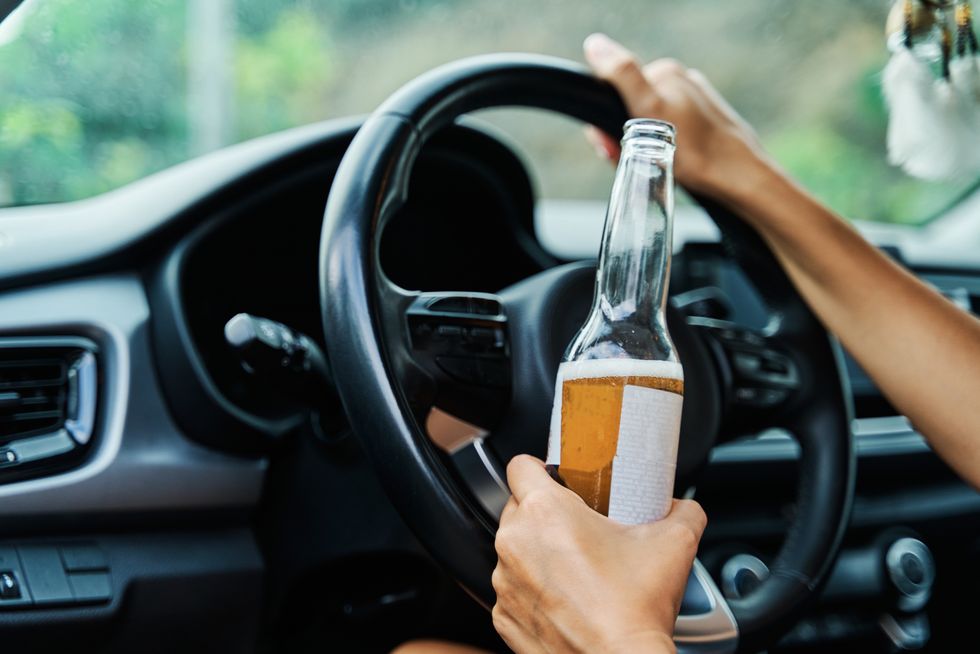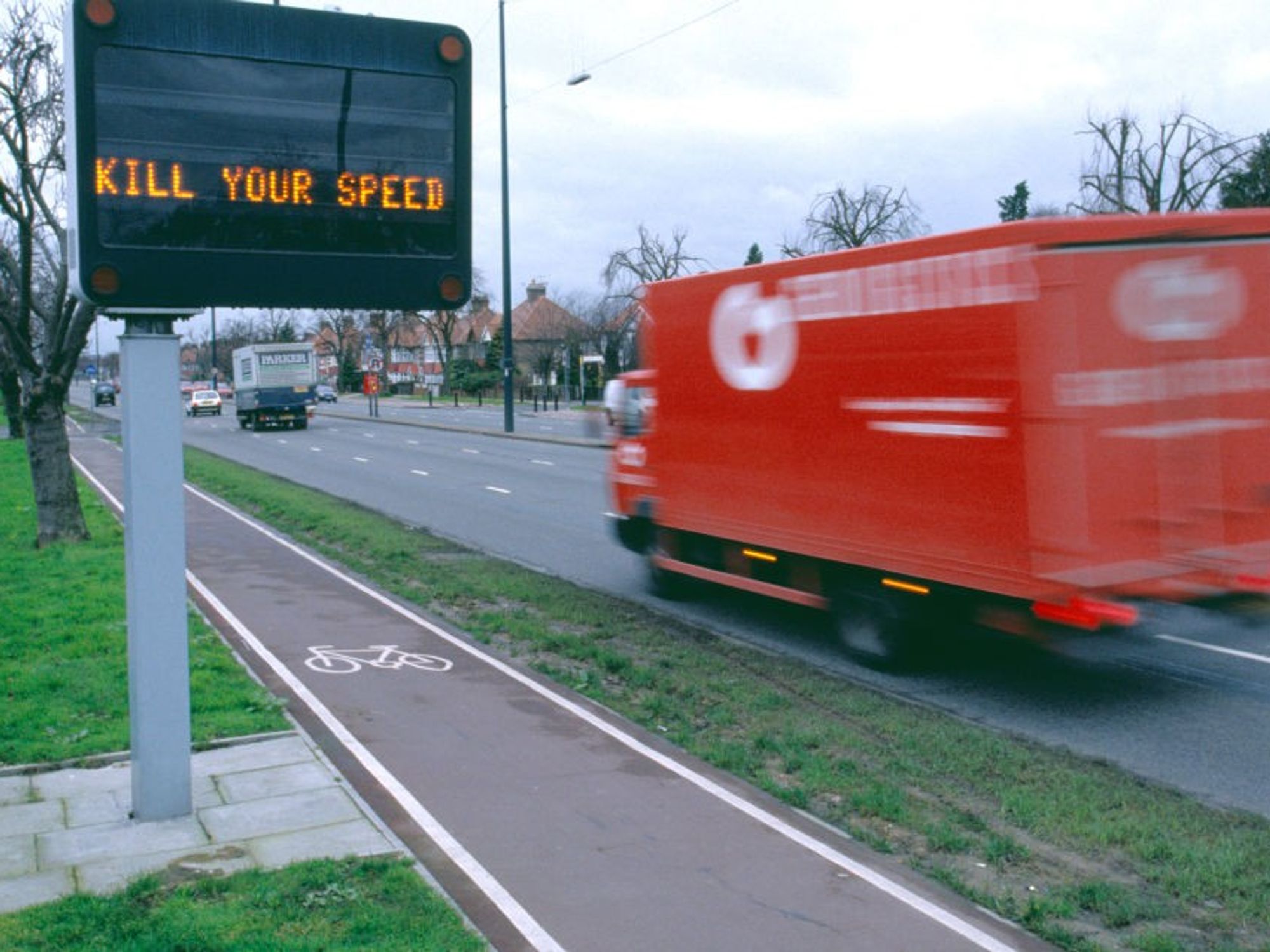Driving law changes may see Britons forced to take 'mandatory training' to crack down on licence points

One expert stated that 'exceptional hardship needs to be truly exceptional'
Don't Miss
Most Read
Latest
Road safety experts are calling for mandatory driver retraining for certain drivers as new data shows that many drivers have over 30 penalty points on their licence.
New research has found that three motorists, all of which are male, have more than 100 points on their licence. A 26-year-old driver has 176 penalty points.
A total of 50 people have at least 30 points, yet still hold a valid licence, while the woman with the most points is a 50-year-old with 96.
When someone receives penalty points, which are also known as endorsements, they must stay on the licence for either four or 11 years, depending on the severity of the action.
Do you have a story you'd like to share? Get in touch by emailing motoring@gbnews.uk

Motorists are normally banned from driving when they rack up 12 penalty points
| PADrivers can be disqualified from driving if they build up 12 or more penalty points within a period of three years.
However, rules are far stricter for young drivers. New motorists will see their licence cancelled or revoked if they get six or more penalty points within two years of passing their test.
In this case, young drivers must apply and pay for a new provisional licence and pass both theory and practical parts of the driving test to get a full licence.
There are no such rules for experienced drivers, although road safety experts are now calling for law changes which could see the most dangerous road users have to take mandatory retraining.
Drivers who have had their licence for more than two years are usually banned for six months or more if they receive 12 or more points within a three-year period.
Despite this, drivers can claim that a driving ban would result in "exceptional hardship" in an attempt to keep their licence. This is usually if they need to drive for work or to care for family members.
Nicholas Lyes, director of policy and standards at IAM RoadSmart, reacted to the data from PA, saying that the defintion of "exceptional hardship" may need reviewing.
He added: "Any driver that is on the cusp of a ban would normally take heed of the risk of losing their licence, but it seems that a minority continue to break the law without any consideration.
"At the very least, those that accrue 12 or more points on their licence should be required to take an additional training course, even if they are allowed to keep their licence because a court has deemed that losing it would cause exceptional hardship."
Offences which stay on someone's licence for four years from the date of conviction can be for the likes of reckless and dangerous driving will result in disqualification.
Other endorsements will stay on a driving record for four years from the date of the offence.
Endorsements must stay on someone's driving record for 11 years from the date of conviction if the offence is drink or drug driving, causing death by careless driving while under the influence or causing death by careless driving, then failing to provide a specimen for analysis.
LATEST DEVELOPMENTS:
- Major car tax changes launching within months will include DVLA update as drivers face £5,490 bill
- Calls grow for older motorists to take 'driving assessments' after 'disappointing' Budget omission
- Parking law proposals could have seen drivers banned from reversing out of parking spaces - 'Speechless!'

Drivers can see licence points stay on their licence for 11 years if they are convicted of causing death while under the influence of drink or drugs
| GETTYSteve Gooding, director of the RAC Foundation, added: "It would be reassuring to know that someone in authority was monitoring both the absolute number of licence holders swerving a ban and the reasons why they’ve been granted leave to keep driving.
"A bit more transparency in the system might ensure the right balance is being struck between personal mobility and our collective safety.
"It could also improve public confidence in justice. Exceptional hardship needs to be truly exceptional."










